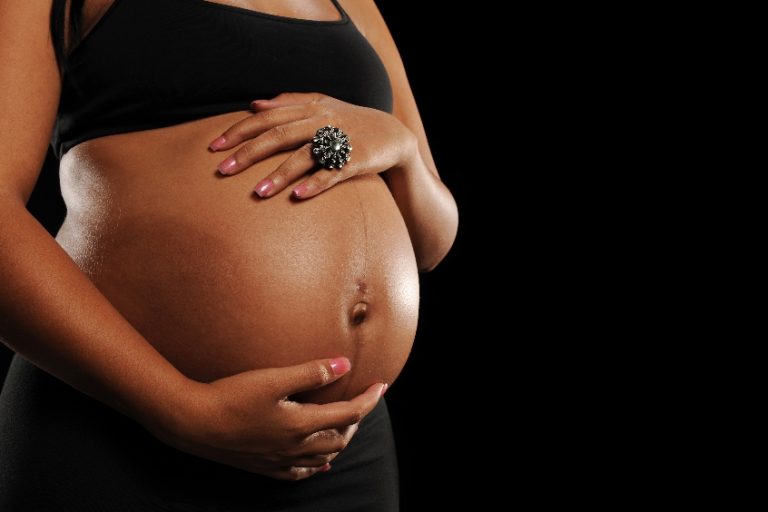The Cope and Live Mental Health Awareness Foundation (CALMHAF) has trained and supported 25 nurses and pregnant women. The training taught them how to handle mental health challenges, which will help them live healthier and happier lives.
The head of the foundation, Rev. Chukwudiebube Nwachukwu, spoke during the training at Ozalla Health Centre near Enugu. He said the training aims to improve the overall mental health of the participants.
He added that the training will help people become emotionally stronger and inspire positive changes in their communities.
Nwachukwu said the training is part of two programs: the Support for Caregivers Initiative and the Mother-to-Mother Initiative. Both programs are meant to help caregivers and mothers take better care of their mental health.
He explained that the training gave participants a safe and friendly space to talk about mental health problems and find solutions. It also encouraged them to support each other and speak up for mental health in their communities.
He said the participants now understand what poor mental health is, what signs to look for, and how it can affect their personal and work lives. They also learned how to recognize and respond to mental health issues.
They talked about what can cause mental stress, especially for caregivers and pregnant women. This helped them understand what can affect their mental well-being.
They had a deep discussion about different types of mental illness. This helped clear up misunderstandings and showed how common mental illness is and how it affects individuals and communities.
They also talked about how problems at home, like family issues or stress, can hurt mental health. This is especially true for pregnant women who often deal with many responsibilities.
Nwachukwu said the training also warned about the risks of spending too much time on phones and TV, and how negative emotions can affect mental health.
He explained that the training gave helpful tools for recovering from mental health problems. It focused on building hope, asking for help, taking care of yourself, becoming emotionally strong, and creating supportive relationships.
The participants also used international tools to check their levels of depression and anxiety. This gave them useful information about their own mental health.
One participant, Mrs. Gloria Nwafor, who is expecting a baby, said she learned not to spend too much time on her phone because it can harm her mental and social health.
She said, “After today’s training, I will use my phone less and spend more quality time with my family. This will help us grow closer and improve our mental well-being.”
Another participant, Mrs. Judith Izuchukwu, a nurse, said she learned about emotional intelligence and how to stay mentally strong. This will help her care for both her patients and herself.
It was reported on May 4, 2024, that health experts say 10 to 15 percent of new mothers in developing countries experience postpartum depression after childbirth.
Experts said the exact cause of this condition is unknown, but it likely comes from a mix of hormone changes, mental stress, and social problems.
Doctors explained that postpartum depression often starts in the first week after giving birth and can last up to a year. Symptoms include sadness, anxiety, lack of interest in daily life, trouble sleeping, and thoughts of harming oneself or the baby.
In interviews, health experts said women are more at risk if they have had depression before, if their pregnancy was unplanned, if they lack family support, face domestic violence, or had a difficult pregnancy or childbirth.


